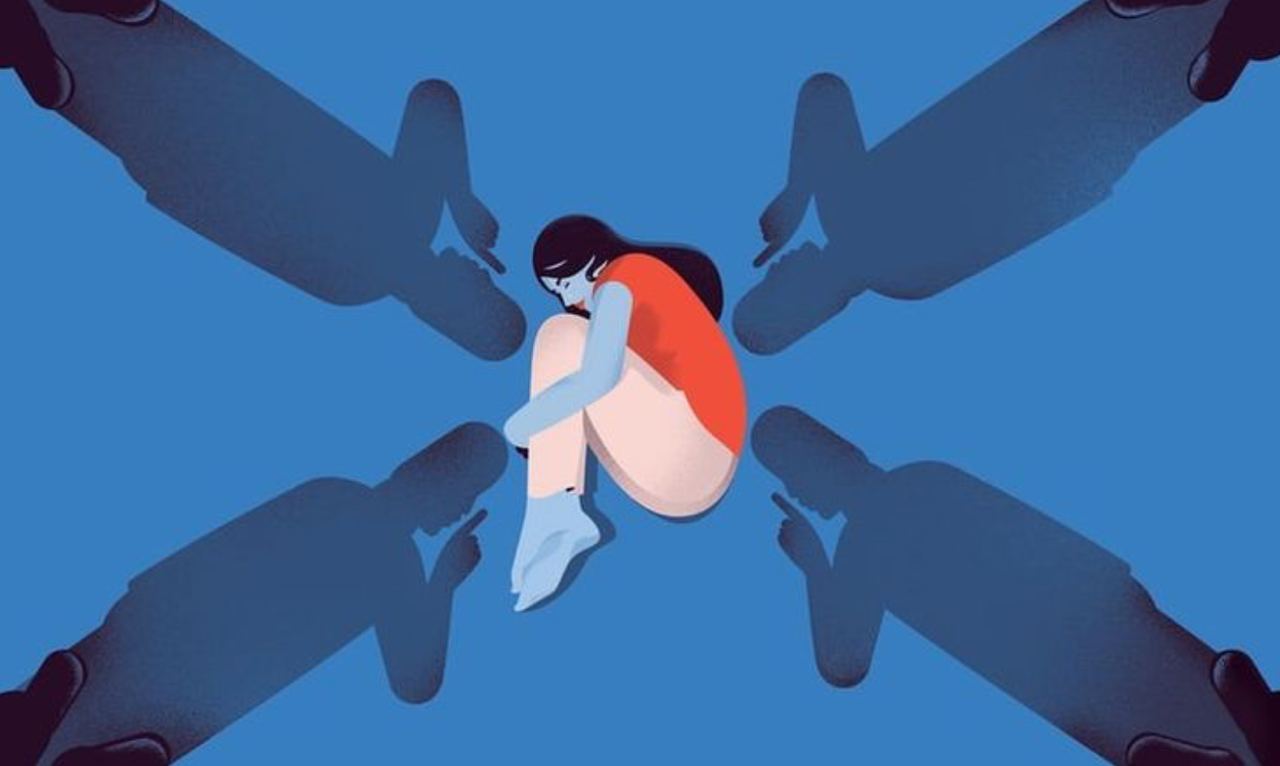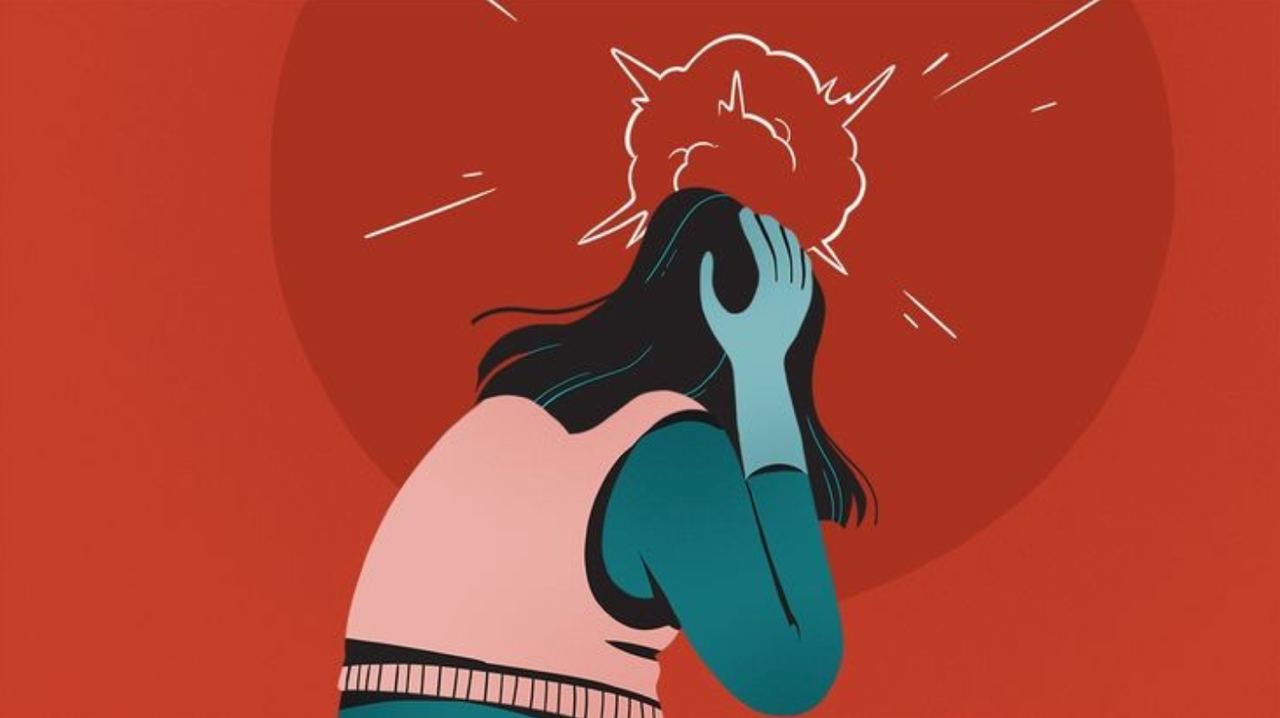The concept of existential crisis is becoming more and more popular among young people today. According to some theories, young people nowadays are more prone than previous generations to developing this “psychological syndrome” earlier and more frequently. What exactly is an existential crisis, then? How can we approach this with objectivity and science, putting our negative feelings aside?
Definition of Existential Crisis
An existential crisis is understood as a (sudden) change leading to worry, anxiety, and concern, even doubting or denying one’s own “existence”. Every person born and raised must face the “components” of their own being.
In Simon Freud’s famous psychoanalytic theory of personality, he said that human personality is very complex and is made up of 3 elements: Instinct (Id), Ego (Ego), and Super Ego. Every person from birth to death is influenced by these three elements. Although they exist in every human being, we are still subject to another, more important element, death. It is an indomitable force that makes us think about our own existence.

Many times we have asked ourselves: Why do I exist? What is the meaning of this existence? This is the core cause of the existential crisis. When we worry and wonder about the meaning of this life, we ask many questions but they all boil down to two words: Why? – Why did I choose this job or relationship? Why do or don’t I do this? Or the questions “If only…”, and “If only…” are full of nostalgia and regret about the past and even suicidal thoughts.
This frequently occurs when we are required to adjust to changes in life, the implications or repercussions of which we are unaware, do not dare to consider, or do not even want to know. Despite the fact that this demonstrates the body’s capacity for adaptation to the environment and events, it also reveals a deep-seated imbalance, and lack of security in “identities,” “attachment,” “relationships,” between “parts,” in both awareness and the unconscious, even in one’s own store consciousness.

According to theory, an existential crisis is the beginning of searching for the Reason, Purpose, Meaning, and Value of “being”. This is a process of self-interrogation, a complex psychological and physiological experience necessary for humans to recognize their own “freedom”. This process of realizing freedom will determine our actions from here on out. It is this beginning that will lead the way to freedom, how to “receive” freedom, how we choose the end of life, and how we will live fully so that at the end of life we will know that we have lived. for a dream, not for “something” else.
Main themes in existential crisis
Life and Death: Finite and Infinite
The reality is that everyone must die, everything must die. Death is a foregone conclusion for all living creatures. Death encompasses the entire meaning of life, like an endless void. Death is the end. So what can life be compared to death? This is a fundamental question, one that underlies all religions and philosophies of life.
Freedom: Individual/Social constraints
Erich Pinchas Fromm (1900-1980), a German psychoanalyst considered the most outstanding representative of the new Freudian school, believed that there are two types of freedom: Freedom From and Freedom To. Freedom From (Negative freedom): People must be free from things, free from people, and free from themselves – that is, not become slaves of materials, people, and themselves. Freedom To (Positive freedom): This is freedom expressed in the form of rights, such as the right to express opinions, travel, and assemble.
Behavior: Choice/Responsibility
We all face choices, even not choosing is a choice. Existentialism emphasizes that we are all free to make choices in life, and we are responsible for these choices. With death as the final outcome, we must see everything in perspective relative to life. Freedom can lead to despair because of this accompanying responsibility. We all have moments of fear when making decisions or choices because we are afraid of making mistakes.
Related: Connection and loneliness
When we are born, we want connection to others. To continue to run away from loneliness, even in limited and fleeting moments, we are always busy with ideas about that feeling, but it is really impossible to run away at times when we feel lonely. contact or conscious rest. When we refuse to be alone in order to connect with others, we refuse to be independent.

Attitude: Emotionless (suppressed emotions/false happiness)
Speaking of insensitivity from a cultural perspective, why are they evil? We must consider moral norms and social conventions, which people establish to help society be orderly.
Attitude: Authenticity
Staying true to your own values is the key to happiness. To live is to exist and be responsible for your own decisions, to endure loneliness.
